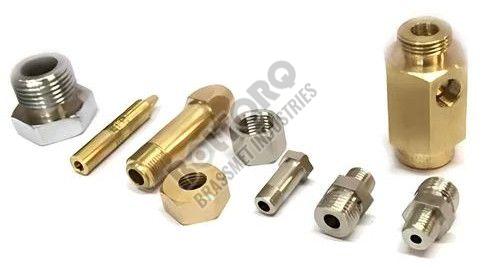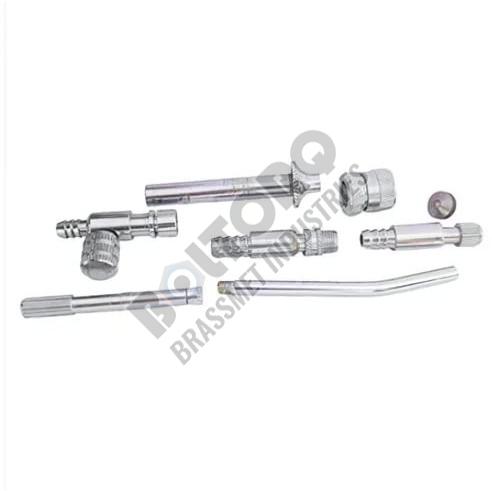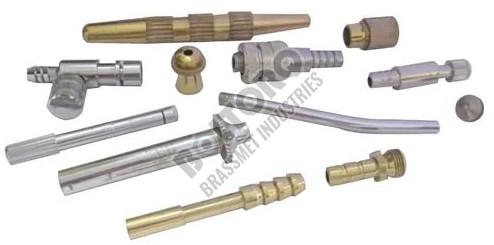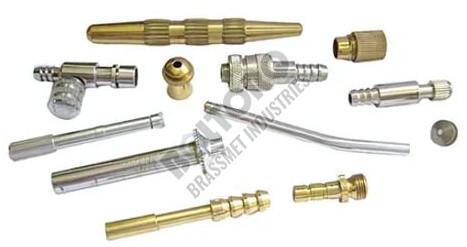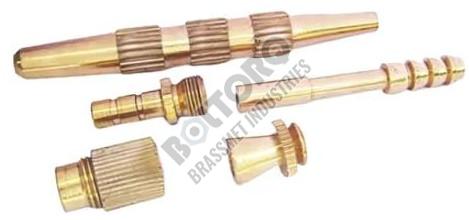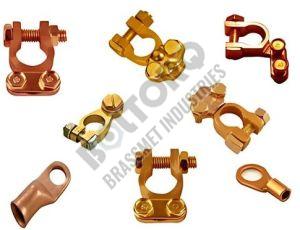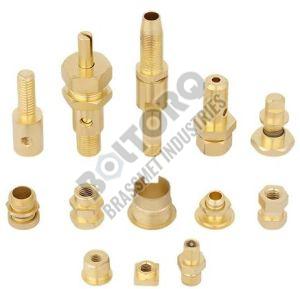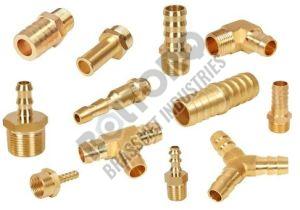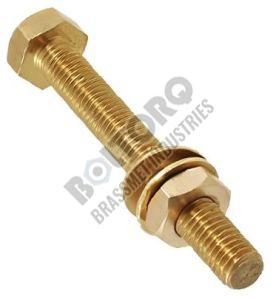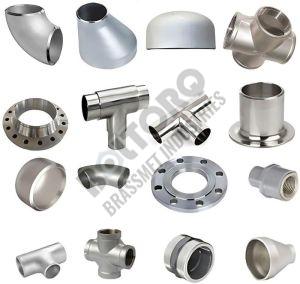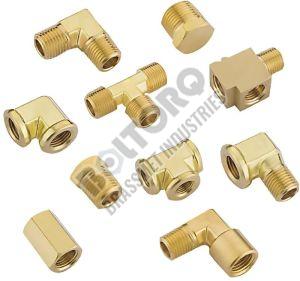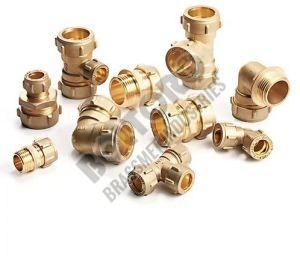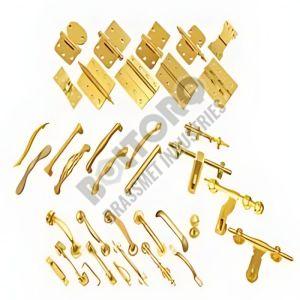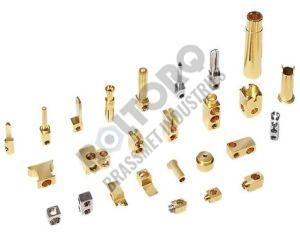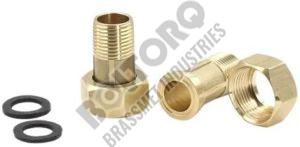View Mobile Number
- GST NO. : 24BKDPR7437Q2ZE
100.00 / 1 Piece
| Business Type | Manufacturer, Exporter, Supplier |
| Material | Brass |
| Finishing | Polished |
| Color | Golden & Silver |
| Click to view more | |
Preferred Buyer From
| Location | Worldwide |
Product Details
Size
Standard
Country of Origin
India
Application
Industrial Use
Brass Medical Parts: Precision Components for Medical Devices and Equipment
Uses:
Brass medical parts play a critical role in the functionality and reliability of various medical devices and equipment:
- Surgical Instruments: Utilized in the manufacturing of surgical instruments, providing strength, precision, and durability.
- Diagnostic Equipment: Essential components in diagnostic devices such as X-ray machines, MRI scanners, and blood analyzers.
- Dental Tools: Employed in dental tools and equipment for their corrosion resistance and biocompatibility.
- Implant Devices: Used in certain types of implants and prosthetics, ensuring biocompatibility and durability.
- Respiratory Equipment: Integral parts in respiratory devices such as ventilators and oxygen concentrators, ensuring reliable performance.
- Monitoring Devices: Used in patient monitoring systems, including blood pressure monitors and ECG machines.
- Infusion Systems: Components in infusion pumps and IV therapy equipment, providing precise and reliable fluid control.
- Laboratory Equipment: Employed in laboratory instruments and devices for their precision and resistance to chemical corrosion.
Details:
- Material Composition: Brass medical parts are crafted from high-quality brass alloys, typically composed of copper and zinc, offering a balance of strength, corrosion resistance, and machinability.
- Precision Engineering: Manufactured using advanced precision engineering techniques to meet the stringent requirements of medical applications.
- Surface Finish: Features various surface finishes such as polished, electroplated, or coated to enhance corrosion resistance and biocompatibility.
- Customization: Available in a range of sizes, shapes, and designs to meet specific requirements of different medical devices and equipment.
- Compliance: Manufactured in compliance with medical industry standards and regulations, ensuring safety and reliability.
- Quality Control: Undergo rigorous quality control procedures, including testing for dimensional accuracy, strength, and surface integrity.
Benefits:
- Durability: Brass medical parts offer exceptional durability, withstanding repeated use, sterilization, and exposure to harsh environments.
- Corrosion Resistance: Brass alloys are inherently resistant to corrosion and oxidation, ensuring long-lasting performance in medical applications.
- Precision: Precision-engineered brass parts ensure accurate and reliable operation of medical devices and equipment.
- Biocompatibility: Brass components are biocompatible, making them suitable for use in medical devices that come into contact with bodily fluids and tissues.
- Thermal Conductivity: Brass offers good thermal conductivity, which is beneficial for devices that require temperature regulation or dissipation.
- Versatility: Brass medical parts are versatile and adaptable, suitable for a wide range of medical applications and devices.
- Ease of Sterilization: Brass components can be easily sterilized using standard medical sterilization methods, ensuring hygiene and safety.
- Environmental Sustainability: Brass is a recyclable material, supporting sustainability efforts and reducing environmental impact in the medical industry.
- Aesthetic Appeal: The smooth finish and golden hue of brass add aesthetic value to medical devices and instruments, enhancing their overall appearance.
- Cost-Effectiveness: Brass medical parts provide a cost-effective solution, offering a balance of performance, durability, and affordability.
Looking for "Brass Medical Parts" ?
Kilogram
Explore More Products


